

Get in the KNOW
on LA Startups & Tech
X
Illustration by Ian Hurley
What Are LA’s Hottest Startups of 2022? See Who VCs Picked in dot.LA’s Annual Survey
Harri Weber
Harri is dot.LA's senior finance reporter. She previously worked for Gizmodo, Fast Company, VentureBeat and Flipboard. Find her on Twitter and send tips on L.A. startups and venture capital to harrison@dot.la.
In Los Angeles—like the startup environment at large—venture funding and valuations skyrocketed in 2021, even as the coronavirus pandemic continued to surge and supply chain issues rattled the economy. The result was a startup ecosystem that continued to build on its momentum, with no shortage of companies raising private capital at billion-dollar-plus unicorn valuations.
In order to gauge the local startup scene and who’s leading the proverbial pack, we asked more than 30 leading L.A.-based investors for their take on the hottest firms in the region. They responded with more than two dozen venture-backed companies; three startups, in particular, rose above the rest as repeat nominees, while we've organized the rest by their amount of capital raised as of January, according to data from PitchBook. (We also asked VCs not to pick any of their own portfolio companies, and vetted the list to ensure they stuck to that rule.)
Without further ado, here are the 26 L.A. startups that VCs have their eyes on in 2022.
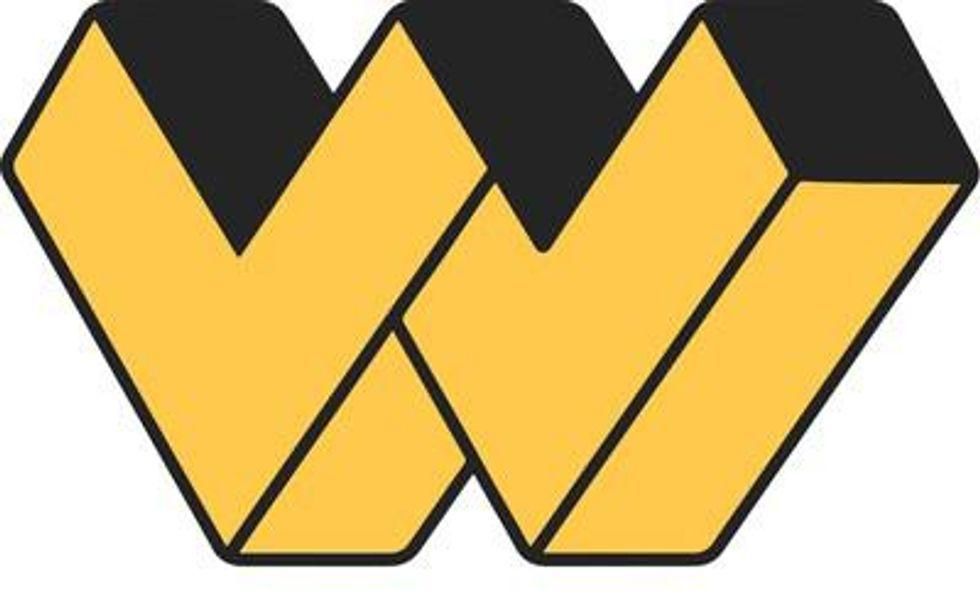
1. Whatnot ($225.4 million raised)
Whatnot was the name most often on the minds of L.A. venture investors—understandably, given its prolific fundraising year. Whatnot raised some $220 million across three separate funding rounds in 2021, on the way to a $1.5 billion valuation.
The Marina del Rey-based livestream shopping platform was founded by former GOAT product manager Logan Head and ex-Googler Grant LaFontaine. The startup made its name by providing a live auction platform for buying and selling collectables like rare Pokémon cards, and has since expanded into sports memorabilia, sneakers and apparel.
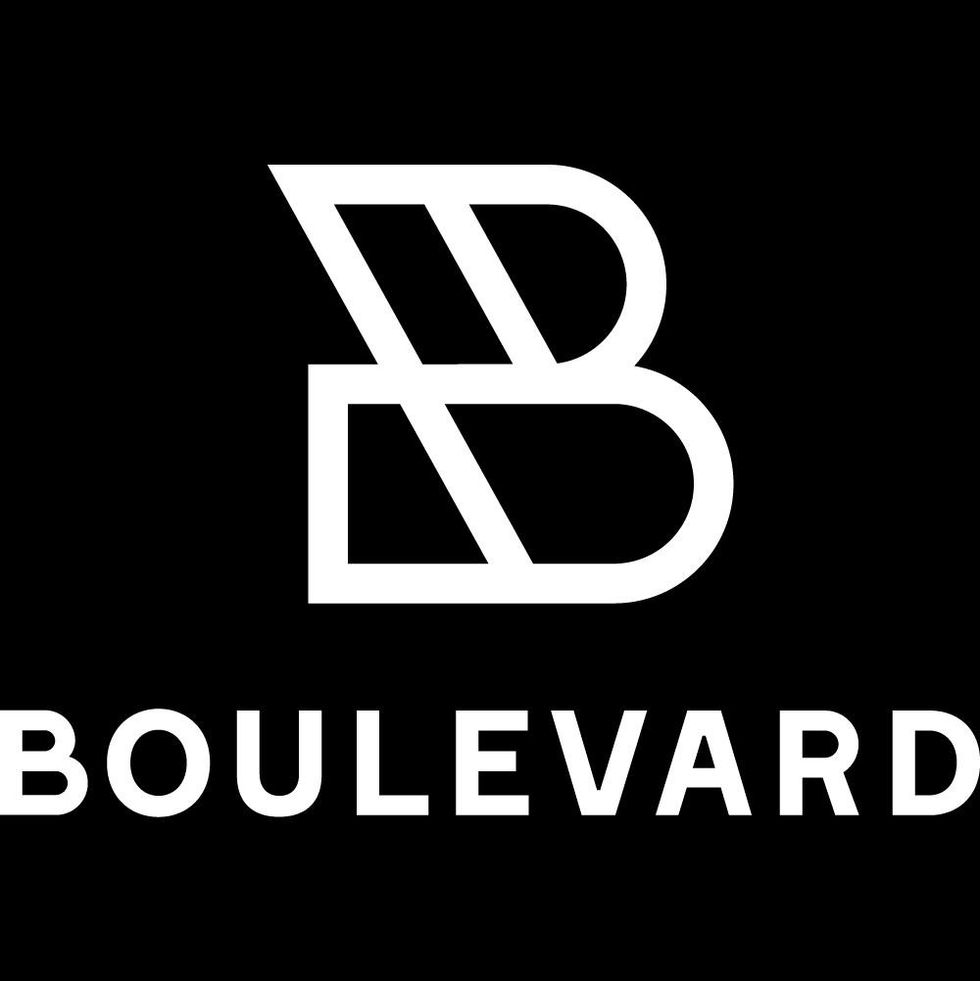
2. Boulevard ($40.3 million raised)
Boulevard’s backers include Santa Monica-based early-stage VC firm Bonfire Ventures, which focuses on B2B software startups. The Downtown-based company fits nicely within that thesis; Boulevard builds booking and payment software for salons and spas. The firm has worked with prominent brands such as Toni & Guy and HeyDay.
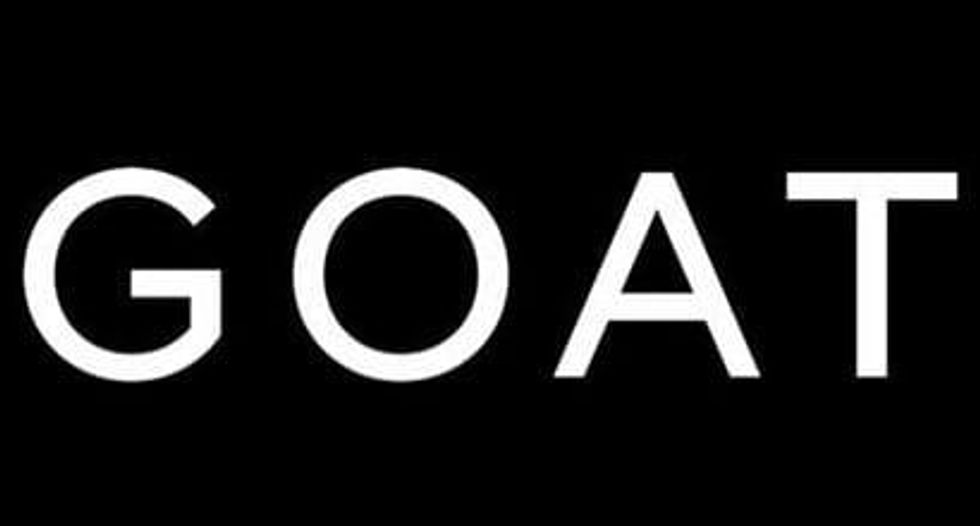
3. GOAT ($492.7 million)
GOAT launched in 2015 as a marketplace to help sneakerheads authenticate used Air Jordans and other collectible shoes. It has since grown at a prolific rate, expanding into apparel and accessories and exceeding $2 billion in merchandise sales in 2020. The startup sealed a $195 million funding round last summer that more than doubled its valuation, to $3.7 billion.
The Best of the Rest
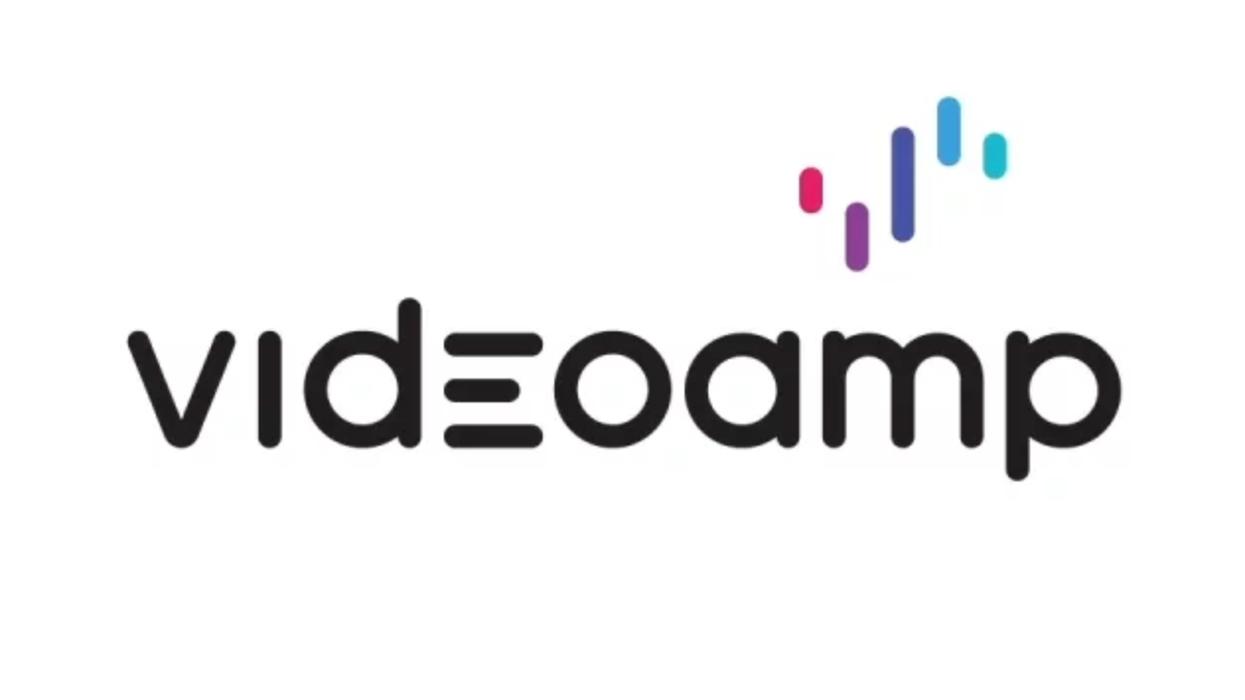
VideoAmp ($578.6 raised)
Nielsen competitor VideoAmp gathers data on who's watching what across streaming services, traditional TV and social apps like YouTube. The company positions itself as an alternative to so-called "legacy" systems like Nielsen, which it says are "fragmented, riddled with complexity and inaccurate." In addition to venture funding, its total funding figure includes more than $165 million in debt financing.

Mythical Games ($269.4 million raised)
Seizing on the NFT craze, Mythical Games is building a platform that powers the growing realm of “play-to-earn games.” Backed by NBA legend Michael Jordan and Andreessen Horowitz, the Sherman Oaks-based startup’s partners include game publishers Abstraction, Creative Mobile and CCG Lab.

FloQast ($202 million raised)
FloQast founder Michael Whitmire says he got a “no” from more than 100 investors in the process of raising a seed round. Today, the accounting software company is considered a unicorn.

Nacelle ($70.8 million raised)
Nacelle produces docuseries, books, comedy albums and podcasts. The media company’s efforts include the Netflix travel series “Down To Earth with Zac Efron.”
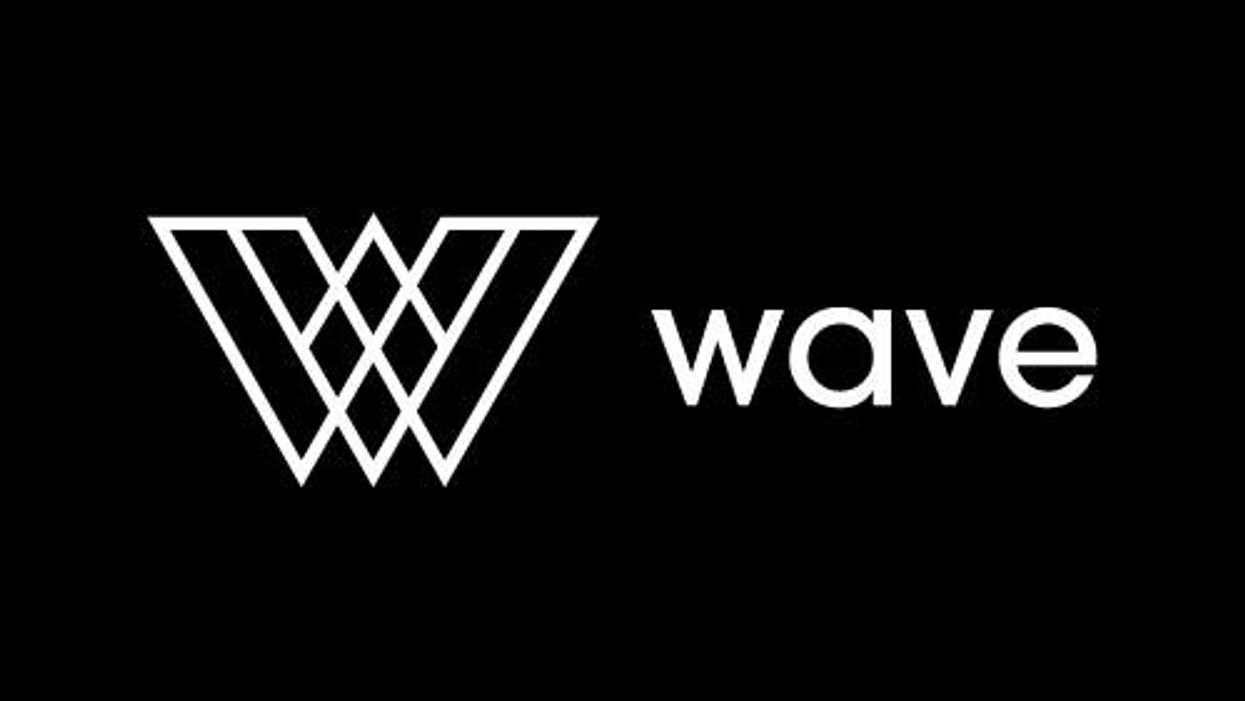
Wave ($66 million raised)
A platform for virtual concerts, Wave has hosted performances by artists including Justin Bieber, Tinashe and The Weeknd. The company says it has raised $66 million to date from the likes of Warner Music and Tencent.
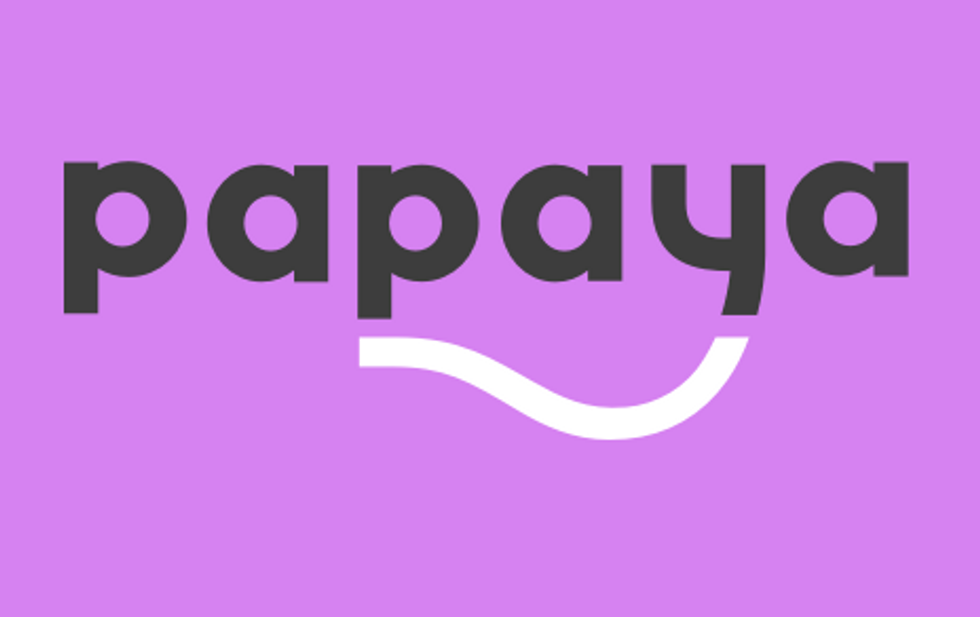
Papaya ($65.2 million raised)
Sherman Oaks-based Papaya looks to make it easier to pay “any” bill—from hospital bills to parking tickets—via its mobile app.
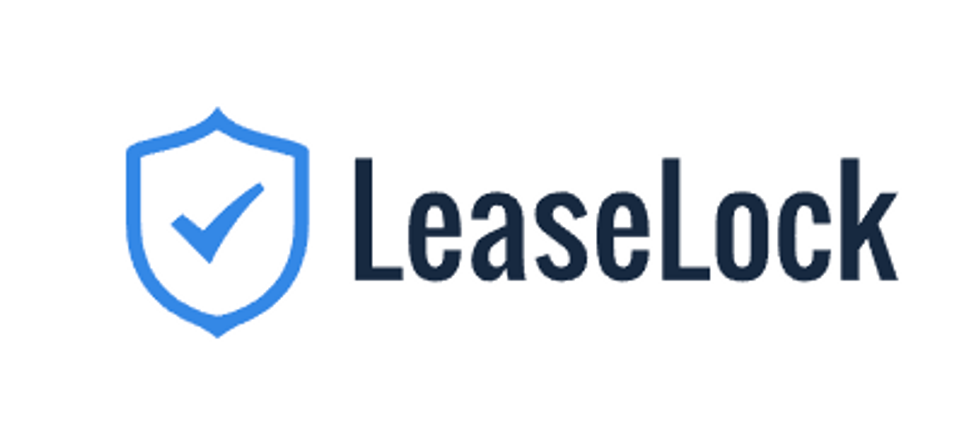
LeaseLock ($63.2 million raised)
Based in Marina del Rey, LeaseLock says it’s on a mission to eliminate security deposits for apartment renters.
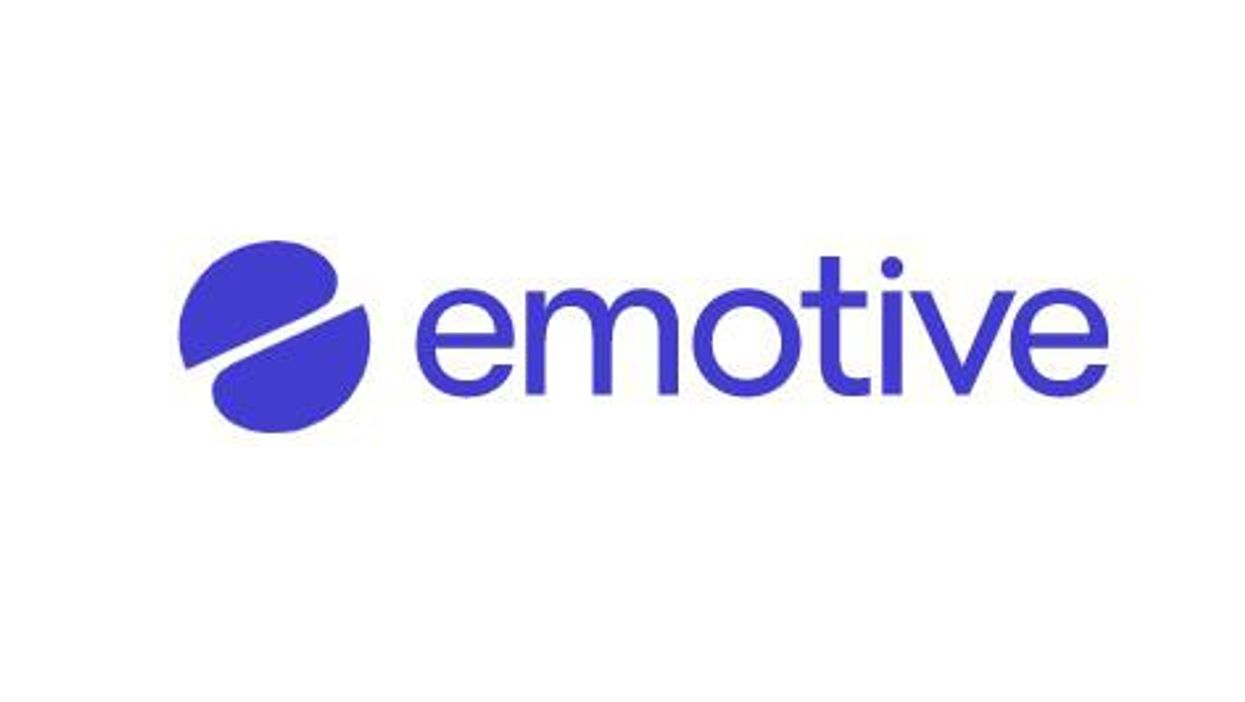
Emotive ($58.1 million raised)
Emotive sells text message-focused marketing tools to ecommerce firms like underwear brand Parade and men's grooming company Beardbrand.
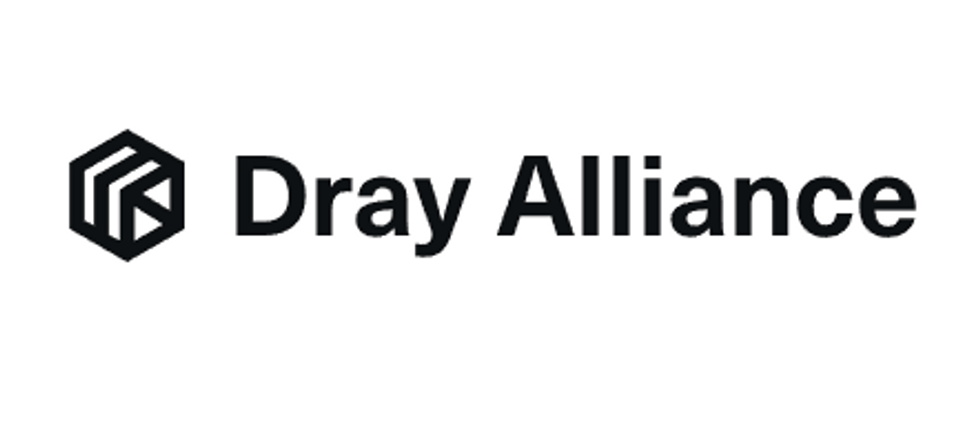
Dray Alliance ($55 million raised)
Based in Long Beach, Dray says its mission is to “modernize the logistics and trucking industry.” Its partners include Danish shipping company Maersk and toy maker Mattel.
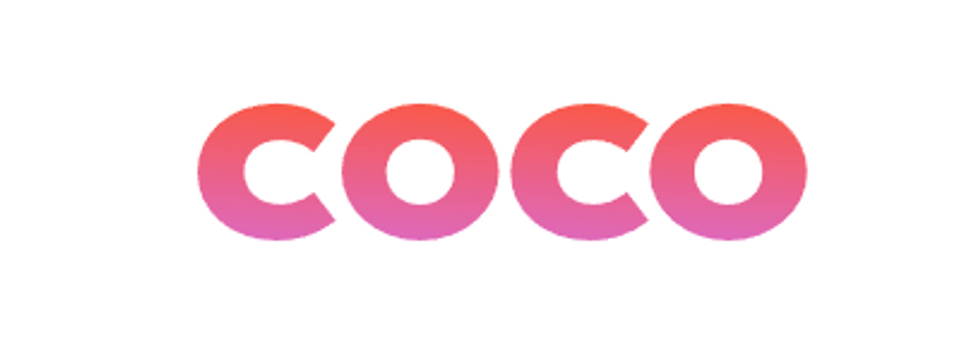
Coco ($43 million raised)
Coco makes small pink robots on wheels (you may have seen them around town) that deliver food via a remote pilot. Its investors include Y Combinator and Silicon Valley Bank.
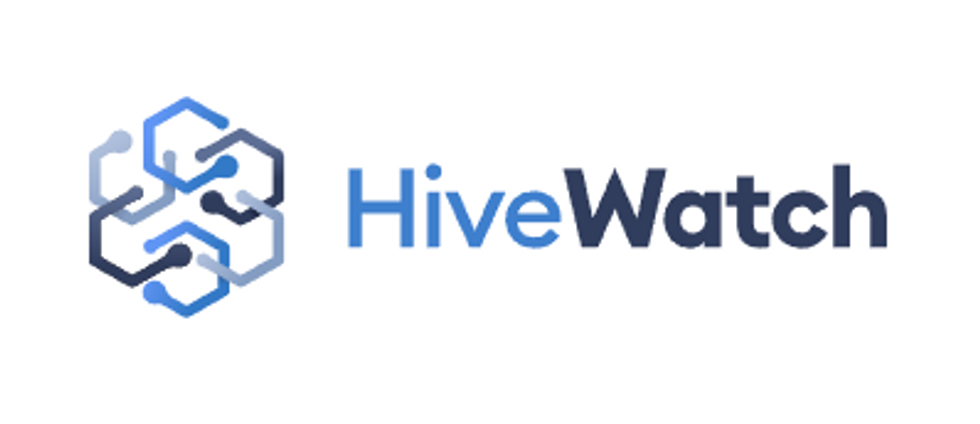
HiveWatch ($25 million raised)
HiveWatch develops physical security software. Its investors include former Twitter executive Dick Costollo and NBA star Steph Curry’s Penny Jar Capital.

Popshop ($24.5 million raised)
Whatnot competitor Popshop is betting that live-shopping is the future of ecommerce. The West Hollywood-based firm focuses on collectables such as trading cards and anime merchandise.
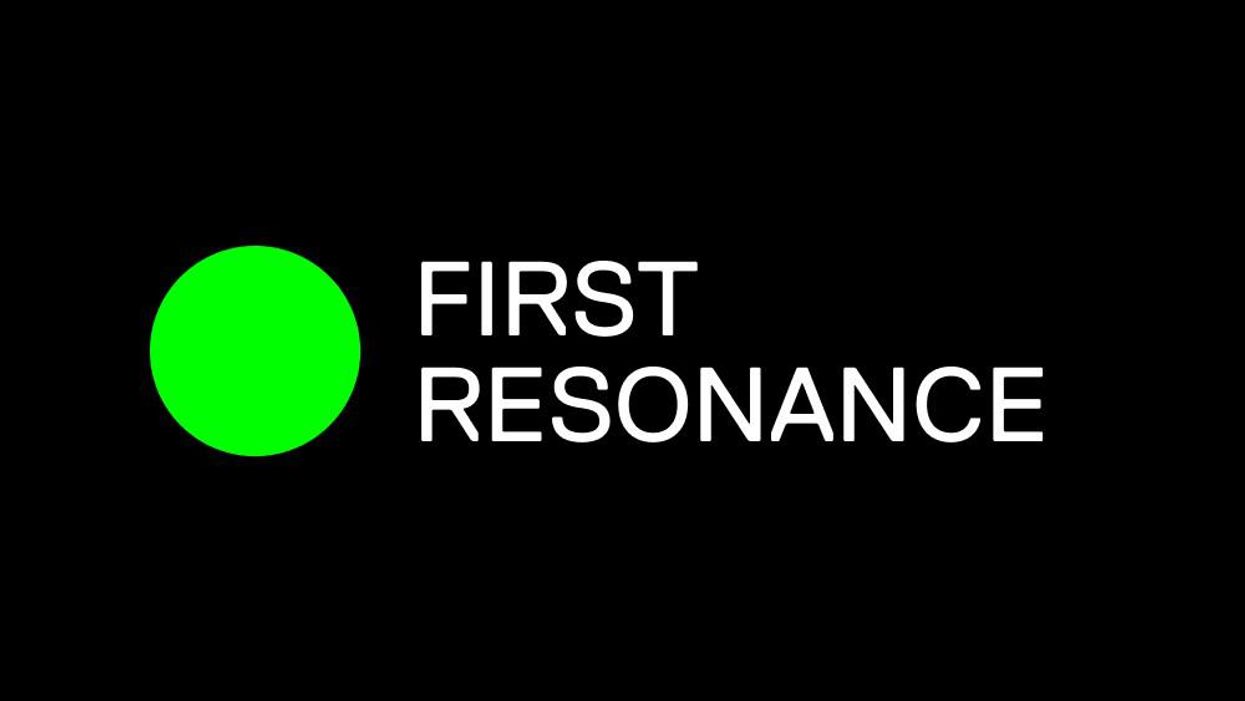
First Resonance ($19.4 million raised)
Founded by former SpaceX engineer Karan Talati, First Resonance runs a software platform for makers of electric cars and aerospace technology. Its clients include Santa Cruz-based air taxi company Joby Aviation and Alameda-based rocket company Astra.
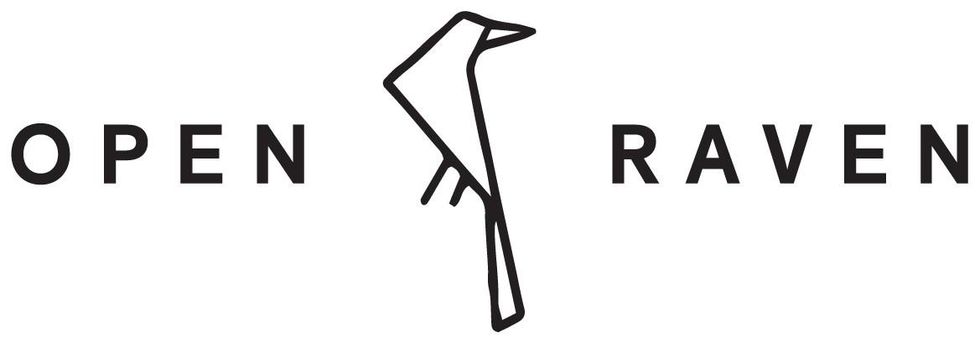
Open Raven ($19 million raised)
Founded by Crowdstrike and Microsoft alums, Open Raven aims to protect user data. The cybersecurity firm’s investors include Kleiner Perkins and Upfront Ventures.
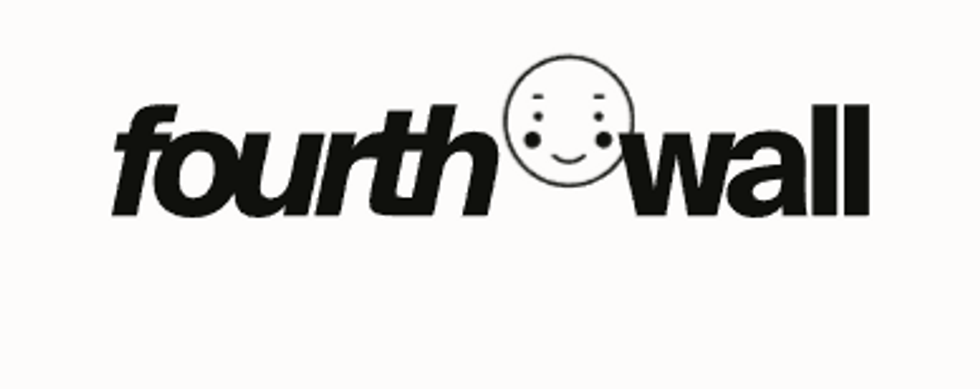
Fourthwall ($17 million raised)
When an actor faces the camera and speaks directly to the audience, it’s known as “breaking the fourth wall.” Named after the trope, Venice-based Fourthwall offers a website builder that’s designed for content creators.

The Non Fungible Token Company ($15 million raised)
The Non Fungible Token Company creates NFTs for musicians under the name Unblocked. Its investors include Jay Z’s Marcy Venture Partners and Shawn Mendez.
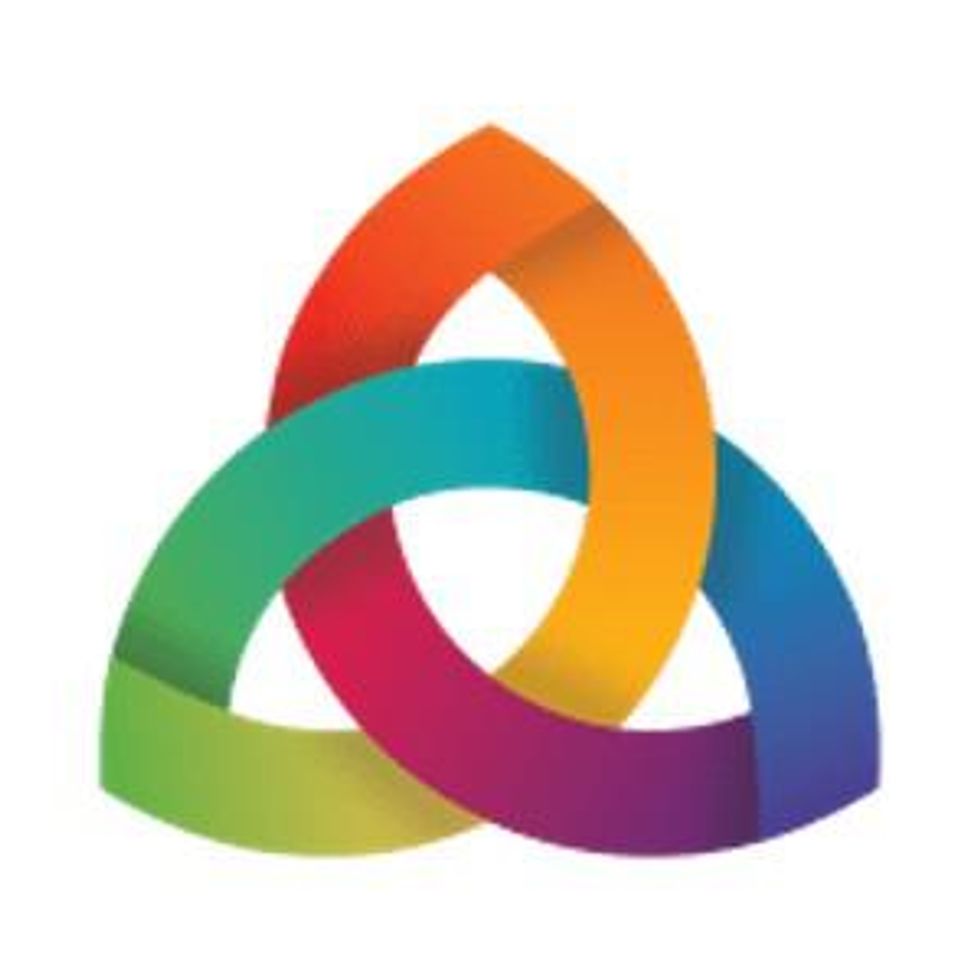
Safe Health Systems ($15 million raised)
Backed by Mayo Clinic Ventures, Safe Health develops telehealth software and offers tools for enterprises to launch their own health care apps.
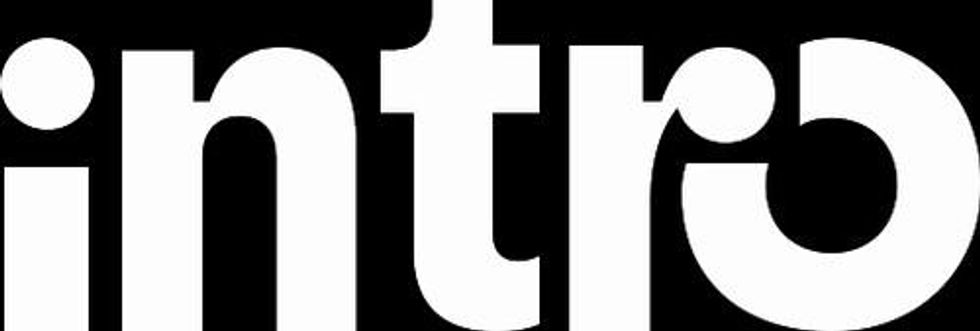
Intro ($11.6 million raised)
Intro’s app lets you book video calls with experts—from celebrity stylists, to astrologists, to investors.
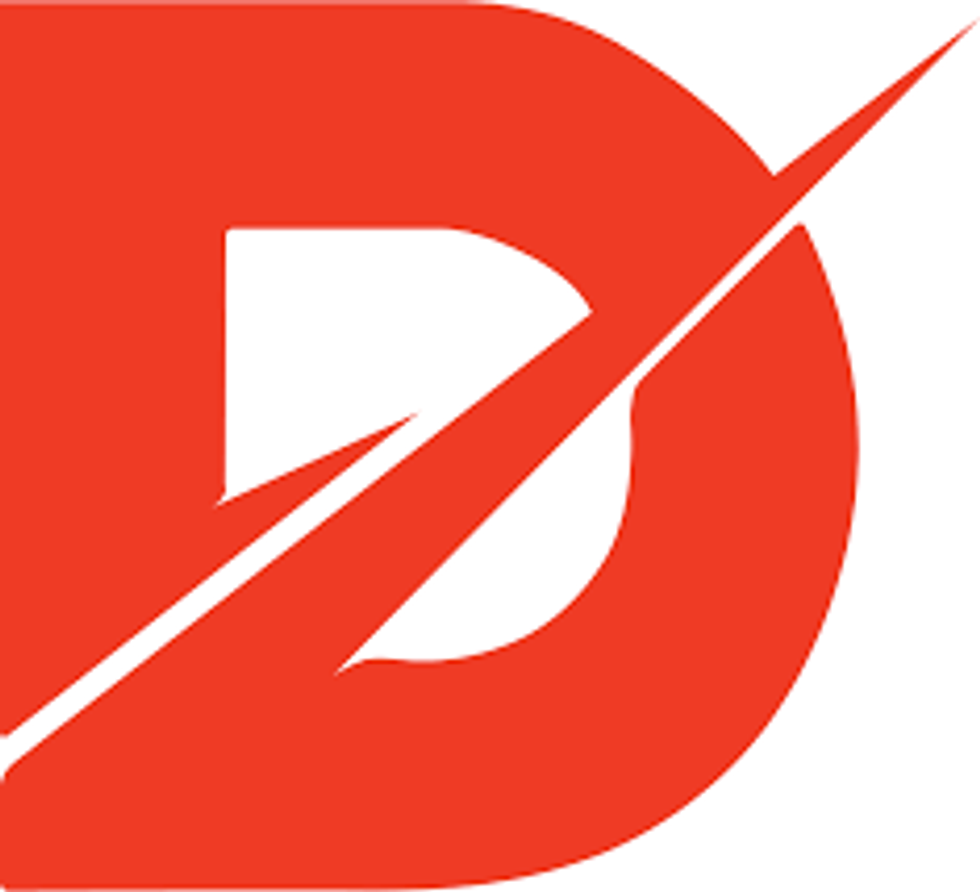
DASH Systems ($8.5 million raised)
With the tagline “Land the package, not the plane,” DASH Systems is a Hawthorne-based shipping company that builds hardware and software for automated airdrops.

Ettitude ($3.5 million raised)
With a focus on sustainability, Ettitude is a direct-to-consumer brand that sells bedding, bathroom textiles and sleepwear.

Afterparty ($3 million raised)
Along similar lines as Unblocked, Afterparty creates NFTs for artists and content creators such as Clay Perry and Tropix.

Heart to Heart ($0.75 million raised)
Heart to Heart is an audio-focused dating app that “lets you listen to the story behind the pictures in a profile.” Precursor Ventures led the pre-seed funding round.

Frigg (undisclosed)
Frigg makes hair and beauty products that contain cannabinoids such as CBD. The Valley Village-based company raised an undisclosed seed round in August.
From Your Site Articles
- The Early-Stage Startups in LA Set to Take Off in 2021 - dot.LA ›
- Los Angeles Startups Closed a Record Number of Deals in Q3 - dot.LA ›
- dot.LA's Map of Startups in Los Angeles - dot.LA ›
- The Hottest LA Startups of 2020 - dot.LA ›
- Los Angeles Cleantech Incubator Launches Green Loan Fund - dot.LA ›
- dot.LA's Guide on L.A. Flight Startups Overair, Archer Aviation - dot.LA ›
- Here Are LA’s Hottest Startups for 2023 - dot.LA ›
- Nobody Studios Plans to Build 100 Startups in Five Years - dot.LA ›
- From GameTree to Sota — Ukrainian Founders Call LA Home - dot.LA ›
Related Articles Around the Web
Harri Weber
Harri is dot.LA's senior finance reporter. She previously worked for Gizmodo, Fast Company, VentureBeat and Flipboard. Find her on Twitter and send tips on L.A. startups and venture capital to harrison@dot.la.
Cap Tables to Costumes: Whatnot’s Mega Round and Your LA Weekend Plan 🎃
10:39 AM | October 31, 2025
🔦 Spotlight
Happy Friday Los Angeles!
Live shopping’s LA moment
Whatnot, the LA born marketplace for live auctions, raised $225 million at an $11.5 billion valuation. The round was co led by DST Global and CapitalG, with Sequoia, Alkeon, a16z, Greycroft, BOND, and others participating. The company says the money goes to international expansion, trust and safety, and seller tools - fuel for a category that has moved from “Is this a fad?” to “How big does this get in the West?”
Why it matters
If that valuation sounds sudden, you’re not imagining it. Whatnot’s last raise in January valued the company around $5 billion. Less than 10 months later, the number has more than doubled, tracking a year of surging GMV and a social commerce flywheel spinning across TikTok Shop, YouTube, and Amazon. For LA, it’s a marquee bet on the creator commerce stack we do best: community, content, and culture that converts
The bigger picture
The implications go well beyond trading cards. Live, personality led storefronts are evolving from hobby to underwritable small business. If Whatnot uses this cash to keep fraud low and throughput high, we could see an LA export take root globally, not just as an app category but as a job category. That is a storyline to watch into Q4 and beyond.
From cap tables to costumes: Halloween in LA 🎃
You’ve earned some offline fun. Heading into Halloween weekend (Oct. 31–Nov. 2), LAist’s guide has a little of everything: neighborhood Día de los Muertos celebrations (from the Canoga Park family festival to an ofrenda for pets at Annenberg PetSpace in Playa Vista), the Frogtown Arts weekend along the LA River, plus plenty of screenings and concerts across town. Bookmark the list, pick your neighborhood, and maybe swap “add to cart” for “add to calendar.”
Send tips, sightings, and spooky term sheets our way. Venture deals for LA companies, funds, and acquisitions are below.
🤝 Venture Deals
LA Companies
- Bryan Johnson’s longevity startup Blueprint raised $60M from a celebrity heavy group of backers including Kim Kardashian, Naval Ravikant, Alex Hormozi, Ari Emanuel, and the Winklevoss twins to turn Johnson’s personal Blueprint regimen into a broader consumer platform. The company says the funding will help package diagnostics, biomarker tracking, prescriptions, nutrition, and other longevity services into an accessible offering. The round underscores mainstream interest in data driven wellness despite past questions about Blueprint’s trajectory. - learn more
- Rarity PBC raised $4.6M in seed financing to advance a one-time, autologous blood-stem-cell gene therapy for ADA-SCID (“bubble baby” disease) that it has licensed from UCLA researcher Dr. Donald Kohn. The round, led by biotech investor Steve Oliveira (Nemean Asset Management), will support manufacturing and steps toward commercial readiness. - learn more
- Fruitist raised $150M led by a vehicle managed by J.P. Morgan Asset Management, with participation from Aliment Capital and Ray Dalio’s family office. The LA-based superfruit brand says the funding will fuel crop expansion, cold storage, and automation as it scales distribution to 12,500+ stores and targets continued growth following roughly $400M in trailing sales. - learn more
- Homecourt, the Los Angeles based luxury home and personal fragrance brand founded by Courteney Cox, raised an $8M Series A led by CULT Capital. The company says the funding will fuel brand marketing, team hires, and infrastructure as it expands beyond DTC into 300+ retail doors including Nordstrom, Bluemercury, and Revolve. Homecourt has broadened from home care into body and laundry collections since launching in 2022. - learn more
LA Venture Funds
- Aliavia Ventures participated in Human Health’s $8.5M raise, joining LocalGlobe, Airtree, Skip Capital and Scale Investors to back the precision health platform from former Canva product leaders Georgia Vidler and Kate Lambridis. The funding will support international expansion, deepen product intelligence in areas like women’s health, respiratory and pain, and scale Human Evidence for patient driven research; Human Health reports more than 200,000 users and 20 million logged health actions to date. - learn more
- Riot Ventures participated in EnduroSat’s $104M funding round, alongside Google Ventures, Lux Capital, the European Innovation Council Fund, and Shrug Capital. The Sofia based satellite manufacturer says the capital will scale production of its ESPA class (200 to 500 kg) modular satellite buses, targeting capacity of up to two satellites per day at a new 188,340 square foot Space Center so constellation customers can get to orbit faster. The raise is EnduroSat’s second this year and follows a €43 million round in May. - learn more
- Rocana Venture Partners participated in Recess’s $30M Series B, which was led by CAVU Consumer Partners and included Midnight Ventures, Torch Capital, Doehler Ventures, KAS Venture Partners, Vanquish, and Craig Kallman. The relaxation-beverage company will use the capital to grow its team, expand retail distribution, and ramp marketing, and it also named former Nutrabolt executive Kyle Thomas as President and Co-CEO to help scale the brand. Recess says it now sells in more than 15,000 U.S. stores, positioning it to capitalize on demand for functional relaxation and alcohol-alternative drinks. - learn more
- Terasaki Institute participated in iOrganBio’s $2M launch financing, joining First Star Ventures (lead), IndieBio, Cape Fear BioCapital, 2ndF, and Alix Ventures. The Chapel Hill based startup unveiled CellForge, an AI powered cell-manufacturing platform that pairs predictive models with high throughput control to engineer reproducible human cells and organoids for drug discovery and cell therapies. The funds support product development and early deployments. - learn more
- Fox Sports made a strategic investment in Shadow Lion, the creative agency and IP studio co-founded by Tom Brady, forming a partnership to develop talent-led originals, digital content, long-form projects, and marquee live events. The deal includes a new Los Angeles hub for Shadow Lion on the Fox lot, with early tentpoles including a University of Michigan football docuseries from executive producers Brady and Jim Harbaugh and collaboration on the Fanatics Flag Football Classic. - learn more
- EB Medical Research Foundation participated in Eliksa Therapeutics’ funding to advance ELK-003, a biological eye drop for ocular complications in epidermolysis bullosa. The round, led by DEBRA Research with support from Cure EB, the Abe Fund, and EB Research Partnership, backs an ongoing pilot study with 18 patients enrolled and no drug-related side effects reported among the first eight who completed treatment. - learn more
- Patron and HartBeat Ventures participated in Sweatpals’ $12M seed round alongside a16z speedrun, backing the community fitness platform as it expands its “daylife” model of IRL wellness events. The funding will support product and market expansion for hosts and gyms using Sweatpals for discovery, ticketing, memberships, and marketing. Business Insider reports the startup now reaches over 1 million monthly users and is growing into new U.S. cities. - learn more
- UP.Partners participated in Lula Commerce’s $8M Series A, led by SEMCAP AI with Rich Products Ventures, GO PA Fund, NZVC, Green Circle Foodtech Ventures, and Outlander VC also joining. The Philadelphia company, active with more than 2,000 retailers, offers an AI powered digital commerce suite for convenience stores covering order ahead, pickup, delivery, and back office tools, and says the round brings total funding to over $16M to meet rising demand. - learn more
- Navitas Capital led WorkHero’s $5M seed to scale its AI powered back office platform for small HVAC contractors, with Workshop Ventures, York IE, and strategic angels also participating. WorkHero combines agentic AI with human account managers to handle invoicing, permits, rebates, warranty registrations, and pricebooks so owners spend less time on admin. The funding will expand engineering and product and add new services such as call answering and bookkeeping. - learn more
LA Exits
- DMI was acquired by Stingray, adding about 8,500 U.S. retail locations to Stingray’s in-store audio advertising network and bringing its total footprint to roughly 33,500 sites. The deal cements Stingray’s leadership in pharmacy retail audio across the two largest chains and brings DMI’s creative services, including cinema advertising and brand marketing, under its umbrella, with CEO Tena Clark staying on to help integrate and expand the offering. - learn more
Read moreShow less
Swipe Less, Know More, Build Faster: LA’s AI Push
10:25 AM | November 07, 2025
🔦 Spotlight
Happy Friday LA!
This week was about AI moving from side feature to core product strategy. Tinder is testing an opt-in “Chemistry” flow that learns your interests with permission, including signals from your camera roll, to propose fewer, higher quality matches. Snap is wiring Perplexity’s conversational, source linked answers directly into Snapchat. And Rivian spun out Mind Robotics to take the industrial AI it built for its own lines to a broader market.
Tinder Bets on AI for Quality Over Quantity
Tinder is piloting Chemistry, an opt-in experience that starts with a short Q&A and, with permission, analyzes cues from your camera roll to build a richer picture of what you like. The aim is to cut through swipe fatigue by presenting a smaller set of high intent matches each day, first in New Zealand and Australia, as part of Match Group’s larger 2026 product overhaul. The pitch is relevance and control, with phased rollout and consent front and center; if engagement lifts, expect tighter loops between real world signals and match recommendations.
Snap Brings Perplexity Answers into Snapchat
Snap struck a deal with Perplexity to deliver conversational, source linked results inside Snapchat starting in early 2026, backed by a one year cash and equity package reportedly worth about 400 million dollars. Ask a question where you already spend time and get a cited answer without hopping to a mobile browser, with Snap emphasizing that Snapchat data will not train Perplexity’s models. The announcement landed alongside improving fundamentals, signaling Snap’s plan to make trustworthy answers feel native to social habits rather than a separate destination.
Rivian Spins Out Mind Robotics
Rivian formed Mind Robotics to productize the software and systems that coordinate its own manufacturing, raising roughly 110 to 115 million dollars led by Eclipse. The goal is to sell factory floor intelligence beyond vehicles, including adaptive quality control, smarter material handling, and autonomous workflows that reduce downtime. With Rivian’s headquarters in Irvine and a growing regional robotics talent base, this puts Southern California on the map for next generation industrial automation tied to the EV supply chain.
Bottom line
LA’s tech scene is pushing AI toward measurable outcomes: better match quality, faster answers with clear citations, and more efficient production. Keep an eye on the unsexy details, including privacy choices and user consent, data boundaries between partners, and how each team turns these features into monetization. That is where this week’s announcements will turn into lasting advantage.
🤝 Venture Deals
LA Companies
- Evotrex exited stealth with a $16M Pre-A round led by Xstar Capital, with Unity Ventures, Kylinhall Partners, Vision Plus Capital, and founders of Anker Innovations participating; the capital will expand engineering and speed commercialization of its first product. The California startup plans to debut what it calls the world’s first power-generating RV trailer at CES 2026, designed to provide off-grid power and help extend EV range while towing. - learn more
- Zest AI, which provides AI-driven credit underwriting and lending intelligence for banks and credit unions, closed an oversubscribed, customer-led financing round from SchoolsFirst, Members 1st, ORNL, and Truliant credit unions, with participation from Citi Ventures. The company says the round came at a higher valuation than its prior growth raise and will fund more automation across the borrower journey and a broader rollout of LuLu, its generative AI lending-intelligence platform. - learn more
- Estate Media, the social first real estate media startup co-founded by “Million Dollar Listing” star Josh Flagg, says it has surpassed $6M in revenue and closed a $1M seed round, bringing total funding to $2.65M. New investors include Tinder co-founder Justin Mateen and real estate and media figures such as Samir Mezrahi (“Zillow Gone Wild”), Tracy Tutor, and Hudson Advisory, which the company says positions it for profitability and further growth. - learn more
LA Venture Funds
- Cedars Sinai Ventures joined Amae Health’s $25M Series B, led by Altos Ventures with participation from Quiet Capital, Bling Capital, Healthier Capital, and 8VC. The company, which is building an AI enabled clinic model for severe mental illness, says the funding will accelerate nationwide clinic openings, advance its AI care platform, and support research into conditions like schizophrenia, bipolar disorder, and treatment resistant depression. Total funding now tops $50 million. - learn more
- Magnify Ventures participated in MiSalud Health’s new funding round led by IGNIA, alongside Ulu Ventures, Redwood Ventures, Amplifica Capital, and client investor Taylor Farms. MiSalud, which delivers bilingual virtual and on-site care for blue-collar workforces, says the capital will help it expand into 20 new states and add services typically offered only in person; reports peg total funding at about $18.3 million. - learn more
- Alexandria Venture Investments participated in Accipiter Biosciences’ $12.7M seed round, which was co-led by Takeda and Flying Fish Partners. The Seattle startup is developing AI-designed de novo protein therapeutics that can combine multiple mechanisms in a single molecule, and it also announced partnerships with Pfizer and Kite Pharma alongside the financing. The company says the funds will advance preclinical programs in immunology and oncology and further build out its computational design platform. - learn more
- Rebel Fund participated in Cactus’s $7M seed round alongside Wellington Management, Y Combinator, and Pelion Venture Partners. Cactus builds a 24/7 AI copilot for home service businesses that answers calls, qualifies leads, books jobs, and manages follow ups to capture after hours demand. The company says the funding will support product expansion and go to market growth in the United States. - learn more
- B Capital joined the angel round for Microtide Biotechnology (also known as Weitao Bio), which raised over RMB 100 million, led by Qiming Venture Partners. The Shanghai company, spun out from Sile Biomedicine’s in vivo CAR T platform, is developing targeted LNP delivered in vivo CAR T therapies for blood cancers and autoimmune diseases, and will use the funds to advance its first candidate and further develop its core platform. - learn more
- Patron co led Flint’s $15M Series A, with participation from the USC Viterbi School of Engineering alongside Basis Set Ventures, AME Cloud Ventures, Afore Capital, and Y Combinator. Flint builds an AI platform that helps teachers personalize K 12 learning, and the company says the funding will accelerate product development and scale the service to more schools. - learn more
- Rebel Fund participated in Freya’s $3.5M round alongside Y Combinator, 212 VC, N1 Tech, BD Partners, and others. Freya is building voice automation tools that let companies create and manage natural language voice workflows, aiming to replace brittle IVR systems with more flexible, AI powered voice agents. The company says the funding will accelerate product development and early go to market efforts. - learn more
- Regeneration.VC led Hullbot’s roughly $10.6M Series A, with participation from Climate Tech Partners, Katapult Ocean, Folklore, Trinity Ventures, Rypples, NewSouth Innovations, and Bandera Capital. The Australian startup builds autonomous hull-cleaning robots that remove biofouling to cut ship fuel use and emissions, and it plans to use the funding to ramp manufacturing, expand global service hubs, and develop larger robotic platforms. - learn more
- M13 led Teleskope’s $25M Series A, with continued participation from Primary Venture Partners and Lerer Hippeau. Teleskope builds an agentic data security platform for the AI era, and says the capital brings total funding to $32.2M to accelerate product development and scale go to market. - learn more
- SmartGateVC participated in Coherence Neuro’s $10M seed round led by Topology Ventures and Artesian, alongside Blackbird, Possible Ventures, XEIA, Jumpspace, Divergent, Spacewalk VC, and others. San Francisco based Coherence Neuro is developing a closed-loop, bi-directional neurotechnology platform to treat cancers like glioblastoma by decoding and modulating electrical signals; the funding will support its first human trials and further product development. - learn more
- Rebel Fund participated in Mecha Health’s $4.1M seed round led by Valia Ventures, alongside Y Combinator, Reach Capital, and Phosphor Capital. Mecha Health is an applied AI lab that builds foundation models for radiology which read medical images and generate fully structured reports, and the new capital supports continued development and deployment of these systems. - learn more
LA Exits
- Green Econome was acquired by VCA Green, the sustainability practice of VCA Consultants. The Los Angeles firm is known for lifecycle strategies, building performance reporting, and compliance services like ENERGY STAR, LEED, CALGreen, and Title 24; combining it with VCA Green’s energy modeling, project management, and field verification creates a single team serving both new construction and existing buildings. Marika Erdely, Green Econome’s founder, is joining VCA Green as a principal. - learn more
- InData Consulting was acquired by The 20 MSP as part of a three-company deal that also included Red Level Group and iStreet Solutions. The additions expand The 20 MSP’s footprint in California, Arizona, Michigan, and the Sacramento area, bringing its total to 44 acquisitions in about three years. The company says it sources targets from its peer group to speed integrations and reduce attrition. - learn more
- Caulipower was acquired by Urban Farmer, a Paine Schwartz Partners portfolio company, creating a vertically integrated “better for you” frozen foods platform that pairs Urban Farmer’s manufacturing with Caulipower’s nationwide brand and distribution. Caulipower will continue operating under its name, with founder Gail Becker joining Urban Farmer’s board; financial terms were not disclosed. - learn more
- StudyOS was acquired by Sitero, a technology-enabled CRO, which simultaneously launched SiteroAI to position itself as the industry’s first fully AI-powered CRO. StudyOS’s Ash clinical-trial agent will be integrated with Sitero’s Mentor eClinical suite, with Sitero projecting 20–30% efficiency gains across the trial lifecycle beginning in 2026; terms were not disclosed. - learn more
Read moreShow less
RELATEDTRENDING
LA TECH JOBS


